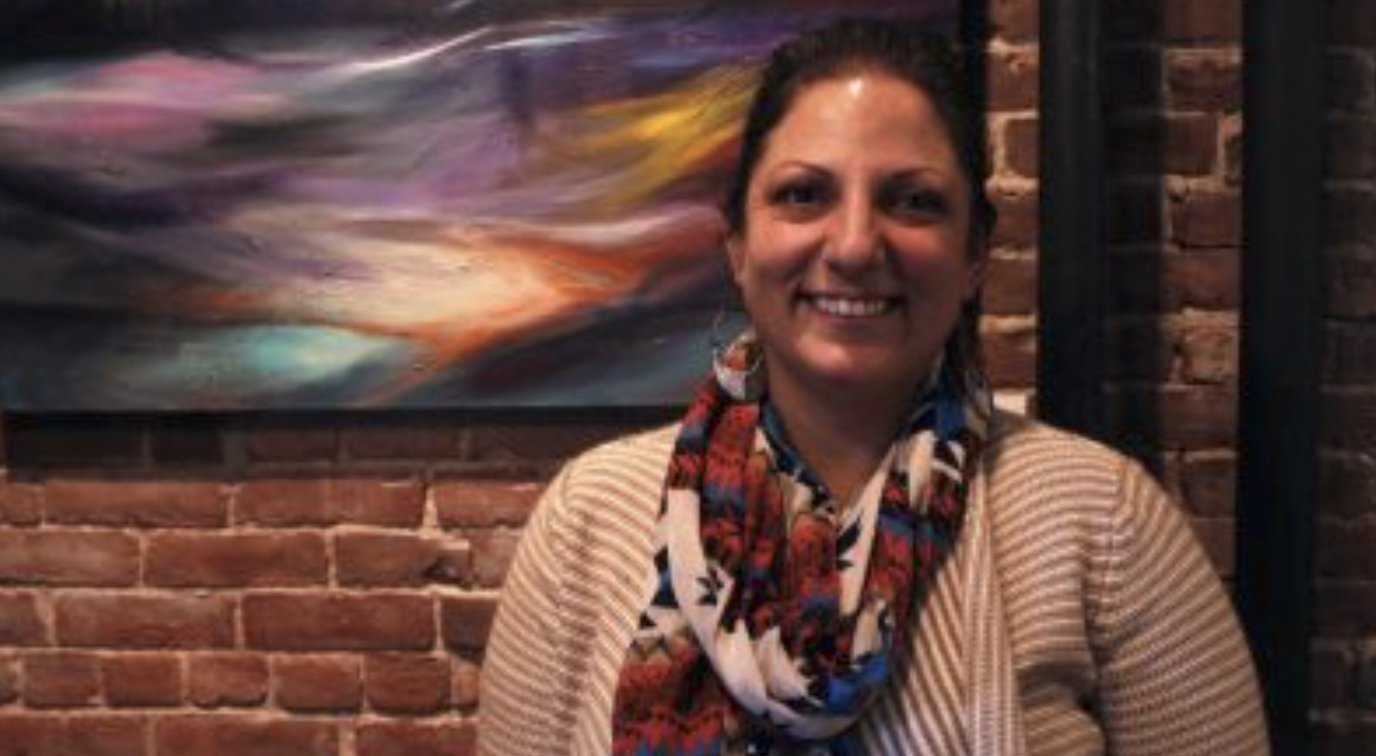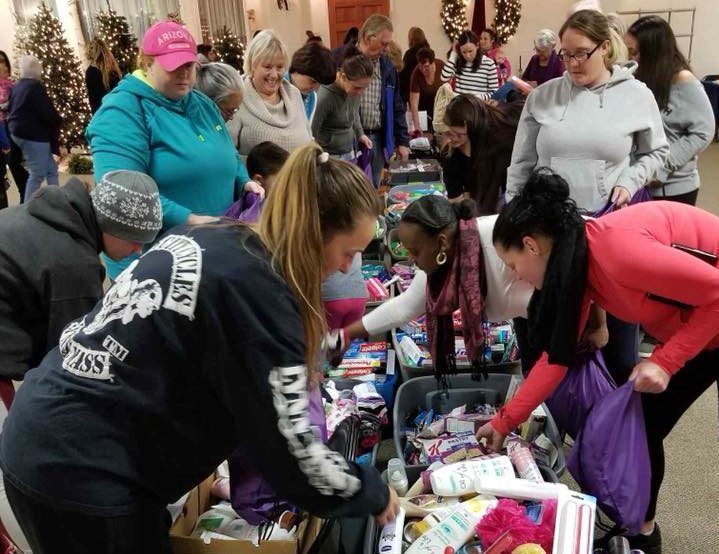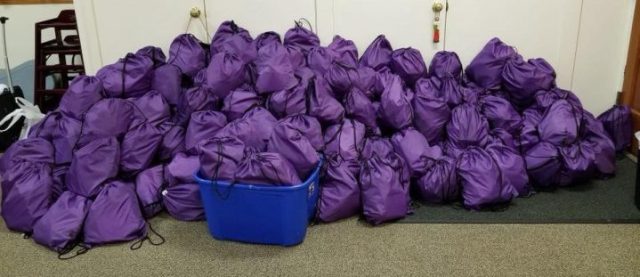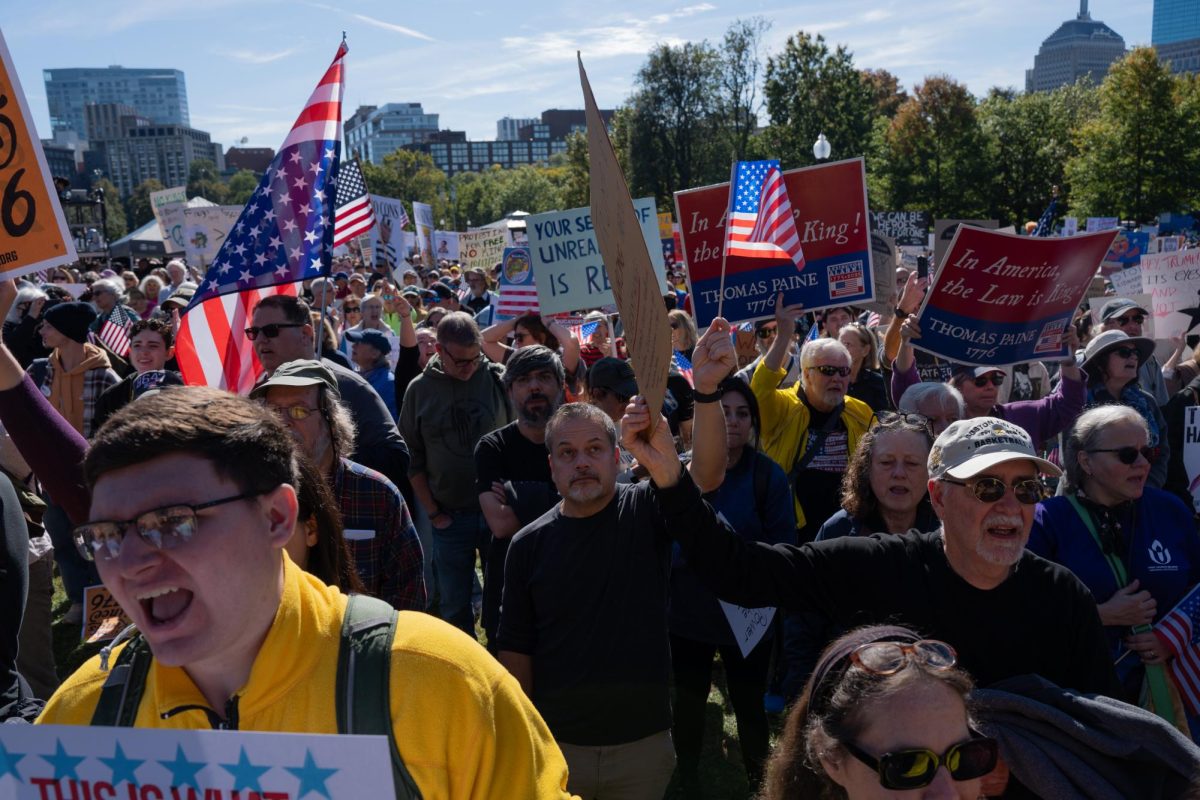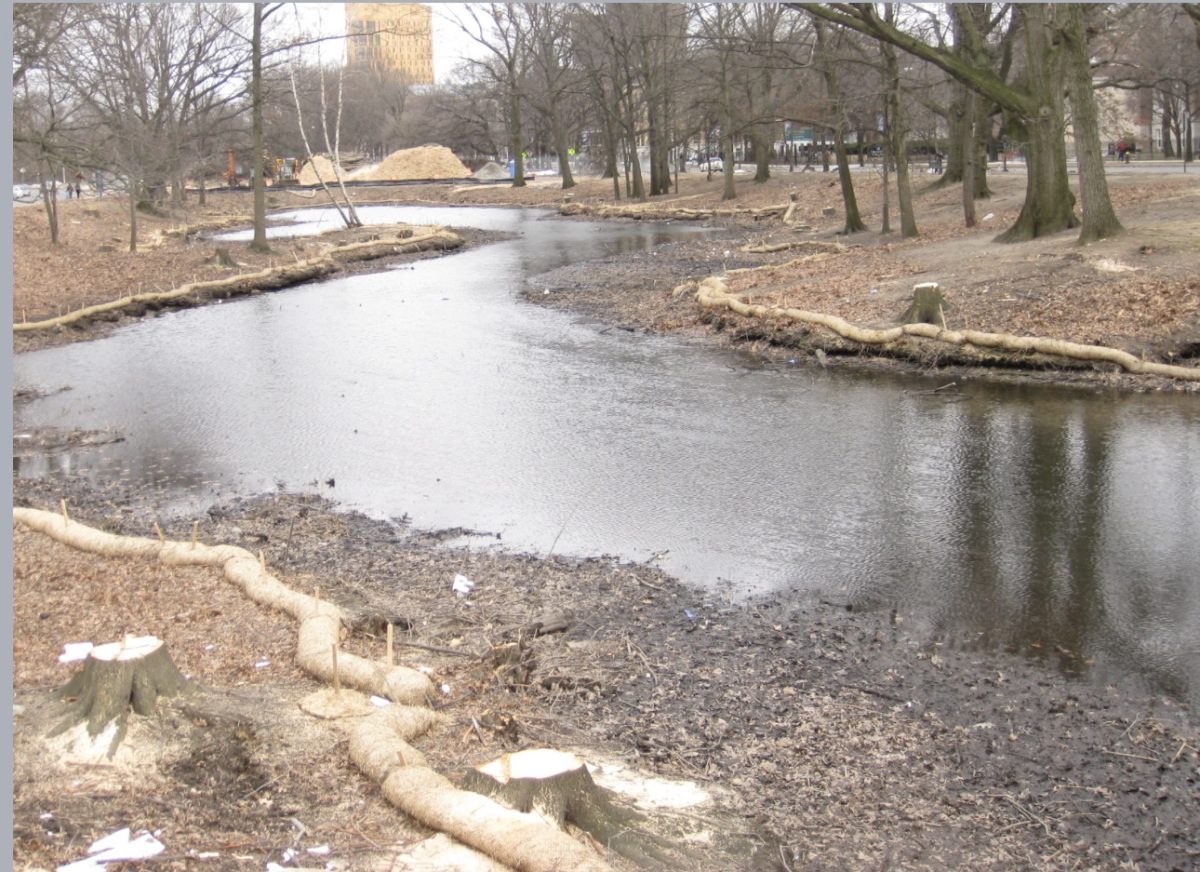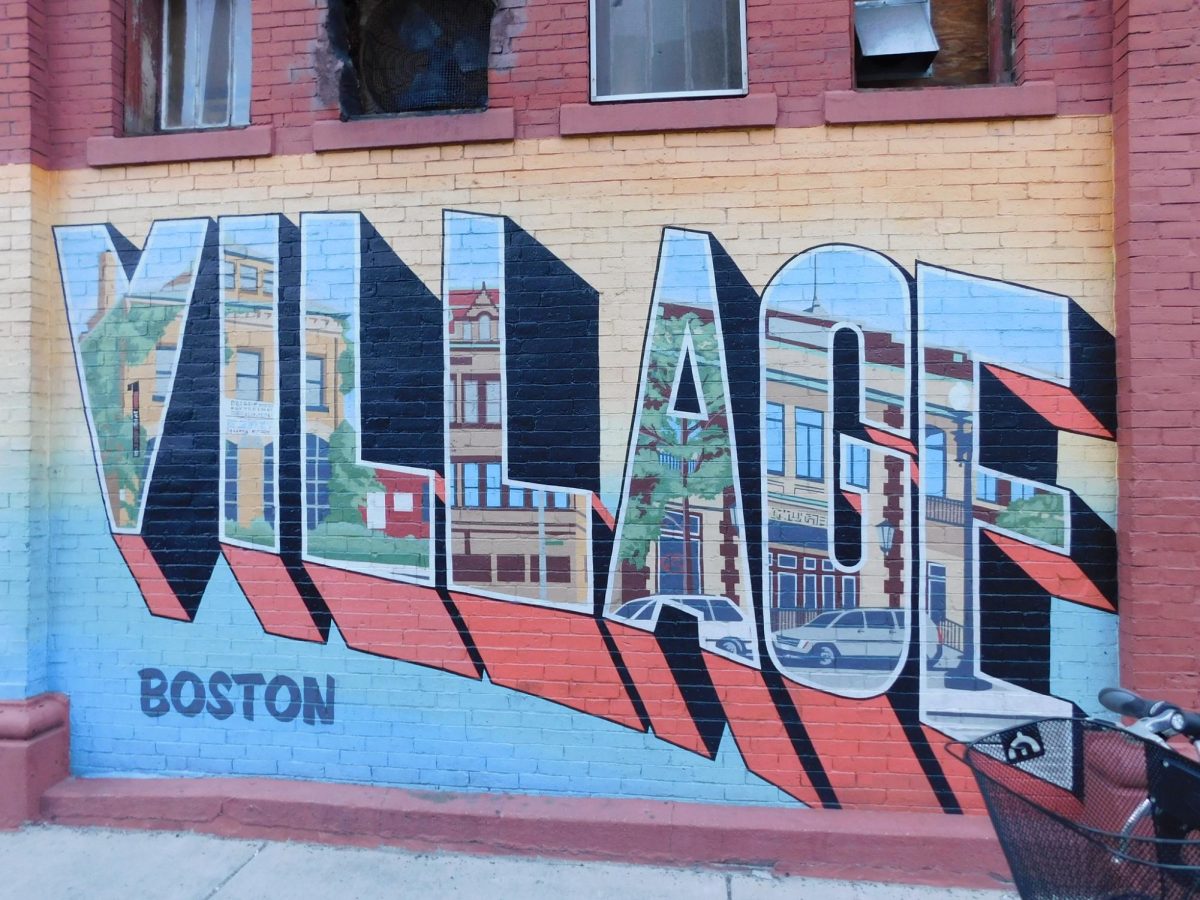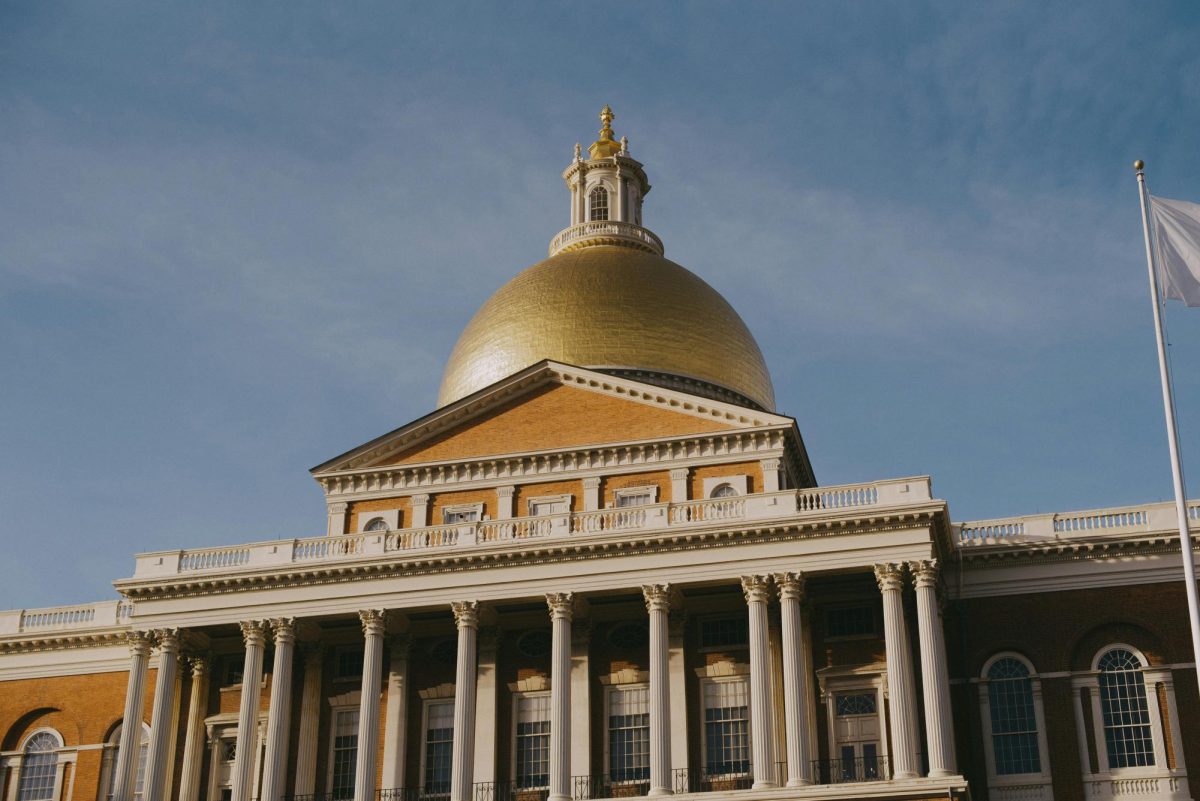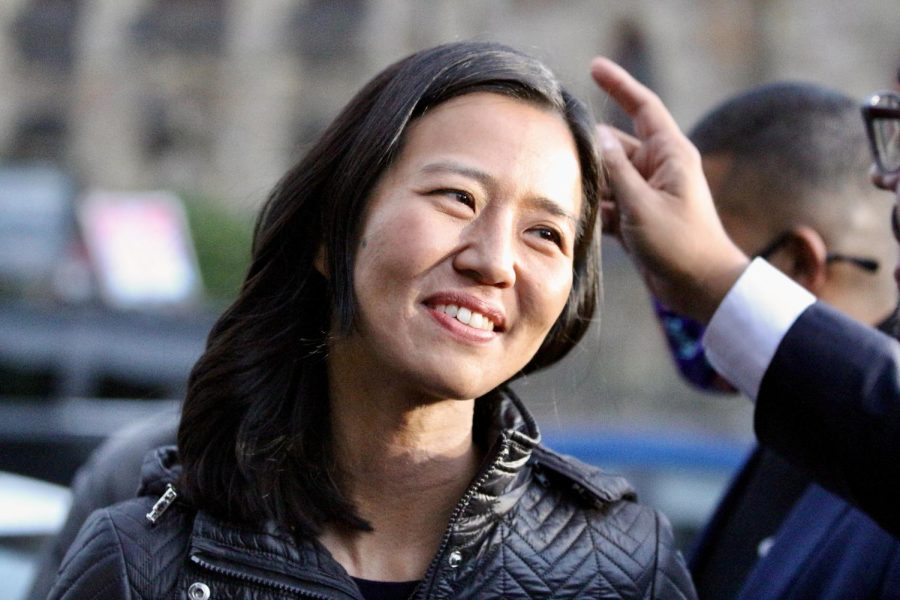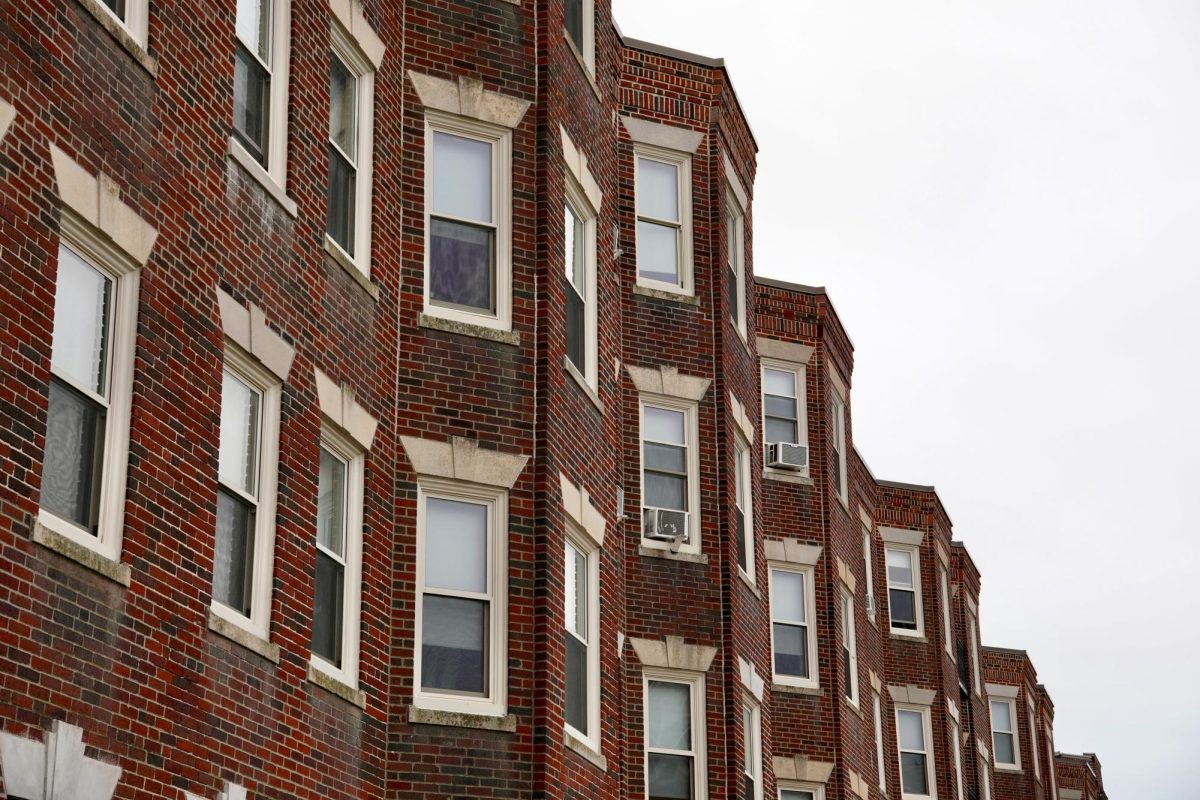Human trafficking is modern-day slavery. But it rarely looks that way.
“I was never handcuffed to a radiator. I was never handcuffed to anything. It was more a mental and emotional bound,” said Jasmine Grace.
Grace is a survivor of human trafficking, and, since her freedom, she has become an advocate for other victims. She is the founder of Bags of Hope Ministry— an initiative that provides basic care products to women who are victims of trafficking, addiction and homelessness — and in Jan. 2017, she released “The Diary of Jasmine Grace,” a compilation of journal entries written throughout the period that she was trafficked.
Grace spoke with The Scope about her trauma and her recovery. The following interview has been edited for length and clarity.
The Scope: What made you want to write this book?
Jasmine Grace: I [had already] been speaking, sharing and educating about trafficking and what it looks like. I wanted to write the story, my story, in the book.
I thought the most powerful thing was for me to go back to my old journal because during the whole time I was trafficked, the one healthy, good thing I did was writing. I hid all my notebooks so that my trafficker couldn’t find them. I saved them all in a big box in my parents’ house… but I never wanted to read what I wrote. I always wrote and turned the page.
I went back to my notebooks and started my blog on my website. And I started actually to blog all the old, original journal [entries] with my present-day reflection to show the big difference and my mentality.

Q: What do you think is the most difficult part of a survivor’s recovery?
A: First of all, you cannot recover if you don’t know you are a survivor. Many [victims] don’t know what happened to them because of mental coercion and brainwashing.
One of the hardest part to recovery is the first step, to self identify– just knowing that what happened to you happens to other people, cause you feel a lot of shame. You feel so embarrassed and shameful about it.
Then the second thing is what you do after identifying. There are not many programs out there [to help] women recover… A lot of women find out they are survivors, and they are trying to get out of the situation, but there is nowhere for them to go. So a lot of them end up in domestic violence shelters or drug recovery programs. That makes it very complicated.
Q: I was looking through some documents of a human trafficking case from Suffolk Superior Court House, and I realized that it took almost two years to make the trafficker in that case plead guilty. Do you think prosecuting perpetrators is difficult, and why?
A: To have a good case, you need witnesses and testimony from the victim, and that’s really complicated. Again, because of the trauma, the abuse, the brainwashing, the fear and the drug addiction, possibly. And a lot times, you know, there’s a lack of evidence, too. To prove that all this is going on without the key testimony of the victim is hard. That’s frustrating.
Q: So in many cases, the victims don’t want to talk about their experiences in court?
A: Right, because a lot of times they are not self identified as survivors. I cannot explain the shift that happens to someone. For many years, I didn’t know I was a survivor, and I didn’t know that I was a victim. I knew what happened to me sucked. I knew it was wrong. I knew I hated it. I knew I’d never be the same. But I just tried to move on with my life. What brought it out for me was my marriage.
Being married is complicated. But when you come from where I come from, with a lot of trauma and being exploited, it really brings that all to marriage. Very hard, for me. And that’s when I knew, like, “Oh man, I am a mess. I need help.” And I had been out already like over five years.
Q: How are you feeling now, about your marriage and yourself?
A: My husband and I separated and then divorced. That’s when I really worked on myself more and figured out that I was no longer a victim. I was a survivor. And everything changed.
Volunteers helped Grace pack “bags of hope,” filled with care products for women surviving human trafficking and abuse. Photographs by Aceel Kibbi.
Q: How could the community do a better job to address this issue?
A: First of all, talking about it more. I’m so relieved that we are at the point where so many people are more aware of it today than they were years ago. But it’s like [the] domestic violence movement about 40 years ago. Everyone now knows and understands what domestic violence is. I feel, for human trafficking, about 10 more years from now, we’ll all be educated and we’ll all understand the most part… Key people — law enforcement, health care providers, educators — will all be trained.
In your community, talk about it, educate yourselves, watch more documentaries. Talk to real survivors, invite them to be part of the conversations and then to raise more funds for the survivors, for women to build an exit and give them a safe place to go. And take the stigma out of it. There’s a lot of stigma just like for people with addiction, you know. They are sicker in their addiction because of the stigma around that. Be less judgmental and be more compassionate to people. That will be helpful.
For more information about human trafficking, read our article on the state of child sex trafficking in Massachusetts.

